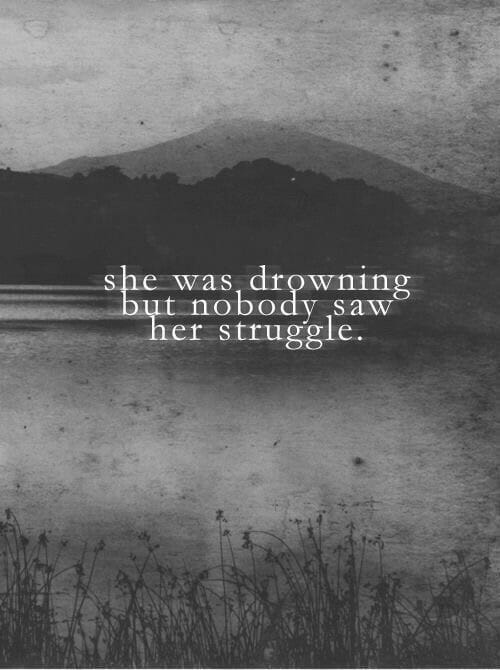Written By Contributor Writer Megan Shankland
Whether you’re graduating from high school, or college, “what’s your plan for the future?” is a haunting and over-asked question by all family members and friends…at least once. Almost immediately, “that’s the question!” is what spills out of your mouth, garnished with a smug smile of course.
What’s the rush? The feeling you should be 20 steps ahead of a completely unpredictable future is kind of ridiculous, right? As if stepping into the real world is something that everyone is running and screaming for. Figuring out what you’re having for dinner seems to be the more relevant question.
Applying to universities and colleges deserves a pat on the back; committing to one deserves a celebration, but that’s typically not the answer family members are looking for.
Fast-forward to your first day of college and your chosen school already expects you to have a major and a rough draft plan for where you see yourself in 5 years. Where do I sign for overwhelmed and unknown? In five years, I’d hope to have a degree and making enough to live on my own. Can’t that be good enough? I’m not sure exactly what I’ll be wearing that day or if I’ll be married with two and a half kids—sorry.
Nonetheless, we’re always aiming to please people and plan our completely unpredictable future. So we pretend that there’s a specific company we’d like to work for, a specific house, if we’ll be married or not and how many kids we’ll have. While it might be fun to daydream and hope, it almost seems like a make-believe map. In reality, one moment, opportunity or event could change your entire life, so what’s the point?
But before we press fast forward and conform to society, it’s important to play by your rules and plan for a promising and adventurous future—even if that’s an immediate future.
How should you plan?
Here are four things you should plan in to your near and distance future.
Find Adventure—always.
Vague? Yes, but take it into your own life and apply it. This doesn’t always mean travel the world, unless of course you have the funds and desire to. Finding adventure can be done in everyday life. Road trip it with your close friends to a nearby city you haven’t explored, try a new restaurant, try a new sport, set a goal that you’ve been aiming for awhile, or simply live
in the moment.
Life is meant to be lived while smiling, do what you enjoy and live wherever it makes you happy—no one ever said moving out of state isn’t acceptable. In other words, plan for the unknown or plan for what you really want.
Never say no.
Never say no in both your professional and personal life. By that, I mean say yes to opportunities and take every one you can.
I would have never come across interviews, internships or writing for this blog if I let my nerves hold me back.
Know it’s okay to feel uneasy, unsure and scared, kill those thoughts with confidence and positive vibes. You’re always learning, a constant work in progress. If you never allow yourself to try new things, you’ll never know if you found your calling.
Plan for happiness.
I say this because it’s not a given. In today’s society too many people settle. They settle for marriages, they settle for friends, they settle for dead-end careers, they settle to live in weather they hate.
Why people settle is different based upon their experiences, but the constant is the same— they’re settling for unhappiness.
Deep inside every starving, broke college student is a dream and typically, it’s a big one. Once we’ve graduated, most abandon that dream and get what is known as ‘a real job.’
Don’t abandon your dream. Apply for jobs that scare you, but excites you at the same time. Move to your dream location with only a bag of your belongings and a promising future. Believe that you can succeed and tell yourself that everyday.
You don’t need all the money in the world to live a happy life, just the mindset that you have what you need and share it with people you care most about.
Plan for Mistakes
Whether you’re a young professional starting out, or an experienced CEO, you’re still human; therefore, you’re going to make mistakes.
Although it seems funny to ‘plan for mistakes,’ I’m more so getting at the point that they will happen. How will you act? What will you say? What might you do?
Wherever you end up in life, it’s important to learn from your mistakes—especially if they’re large and costly. What might have you done differently and how can you apply this to your everyday life?
While working part time and interning, I’ve learned that most people have a tendency to blame others for their mistakes (even if that means bosses blaming their interns).
Admitting you’re wrong, no matter how high on rank you are, is important for your character and says a lot about you as a person. No one is expecting perfection, so don’t pretend like you’re perfect.
So, while you’re trying to piece that unknown future together, remember this: never underestimate your worth, never give up and never give in.







